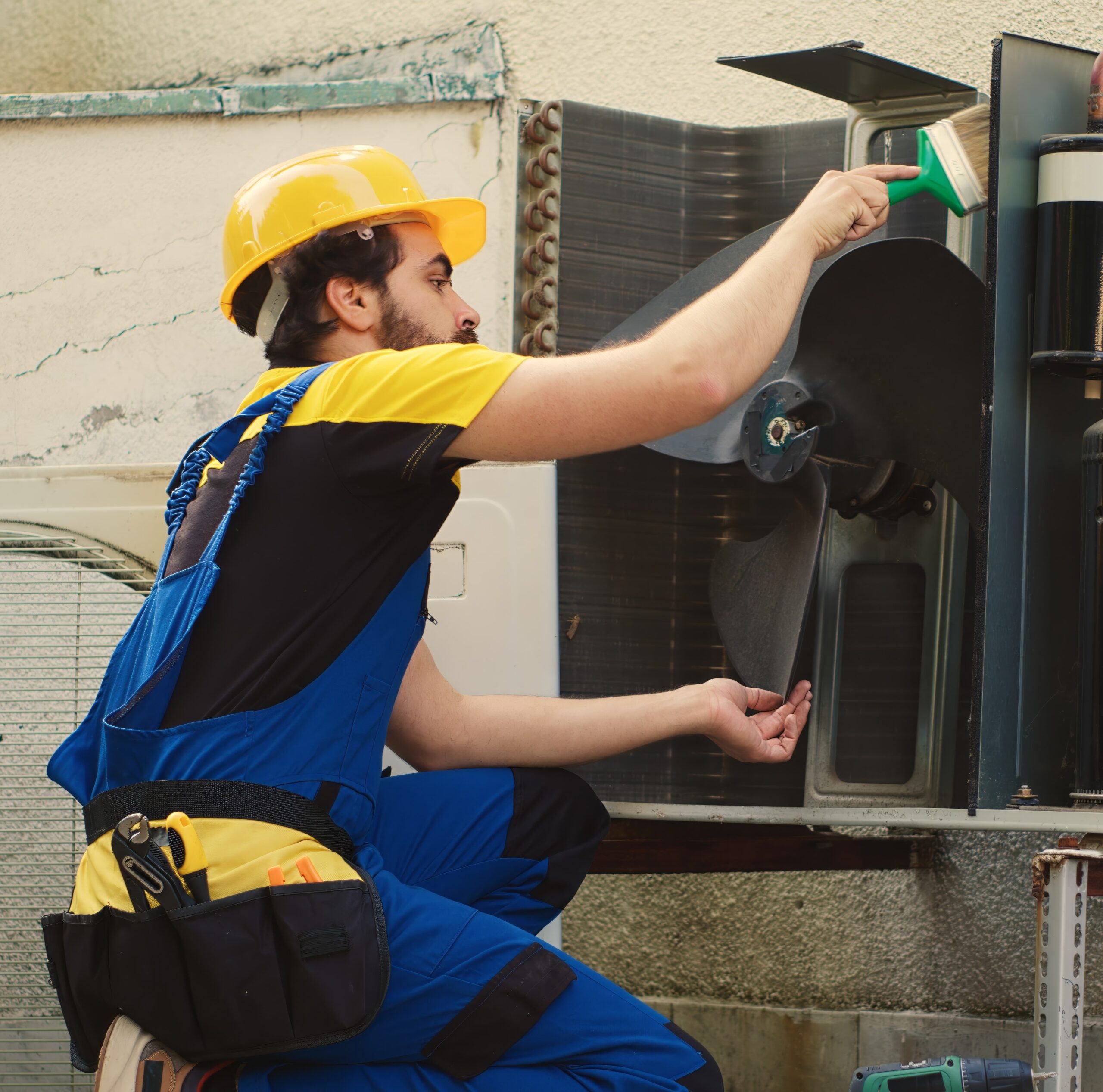Heat Pump Installation
Keep Cozy All Winter with Our Professional Heat Pump Installation Services
ThermoVAC


Heat Pump Repair & Maintenance
Morbi eget libero ac tortor fringilla faucibus. Cras dolor. Integer sapien. Quisque fringilla. Vivamus sed lacus id urna facilisis tempus. Proin pede. Ut quis lectus vitae ligula euismod adipiscing. Mauris porttitor vestibulum orci.
Year-Round Comfort and Energy Savings
Heat pump installation is a smart choice for homeowners looking to improve energy efficiency while maintaining year-round comfort. These systems provide both heating and cooling, making them a versatile option for various climates. Professional installation is crucial to ensure the system operates at its maximum efficiency, saving you money on energy bills in the long run. During installation, a licensed technician will assess your space, select the appropriate unit size, and properly install the heat pump to ensure it works seamlessly. With the right installation, heat pumps can provide reliable, sustainable comfort for many years, while also qualifying for rebates or incentives in some areas.
Customer experience
Frequently Asked Questions
A heat pump is an energy-efficient heating and cooling system that transfers heat between the inside of a building and the outside environment. In the winter, it extracts heat from the outside air (or ground) and brings it indoors to heat your home. In the summer, it reverses the process and cools your home by removing heat from the indoor air.
Heat pumps work by circulating a refrigerant through a cycle of evaporation and condensation. During the heating process, the pump extracts heat from the air or ground outside and transfers it indoors. In cooling mode, the heat pump works like an air conditioner by extracting heat from the indoor air and releasing it outside.
Yes, modern heat pumps are designed to work efficiently even in colder climates. Air-source heat pumps, in particular, have improved significantly in their ability to operate in temperatures as low as -5°F (-20°C). Additionally, ground-source (geothermal) heat pumps can be used in almost any climate because they rely on the stable temperature of the earth.
Savings depend on various factors, including your current heating and cooling system, the size of your home, and local energy costs. On average, heat pumps can reduce energy bills by up to 50% compared to traditional heating systems, especially when replacing oil, propane, or electric resistance heaters.
Heat pumps require minimal maintenance, but like any HVAC system, regular upkeep is necessary for optimal performance. This includes:
- Cleaning or replacing filters regularly.
- Checking the system for refrigerant leaks.
- Scheduling professional maintenance once a year for cleaning and inspections.
Yes, one of the key advantages of a heat pump is its ability to both heat and cool a home. In winter, it transfers heat into your home; in summer, it acts like an air conditioner and removes heat from inside your home.
With proper maintenance, a heat pump can last anywhere from 15 to 20 years. Air-source heat pumps generally have a lifespan of 15–17 years, while ground-source (geothermal) systems can last even longer.
Yes, many governments, utilities, and local agencies offer incentives, rebates, or tax credits to encourage energy-efficient upgrades. These can significantly reduce the upfront cost of a heat pump installation. Check with your local utility or government programs to see what’s available in your area.

